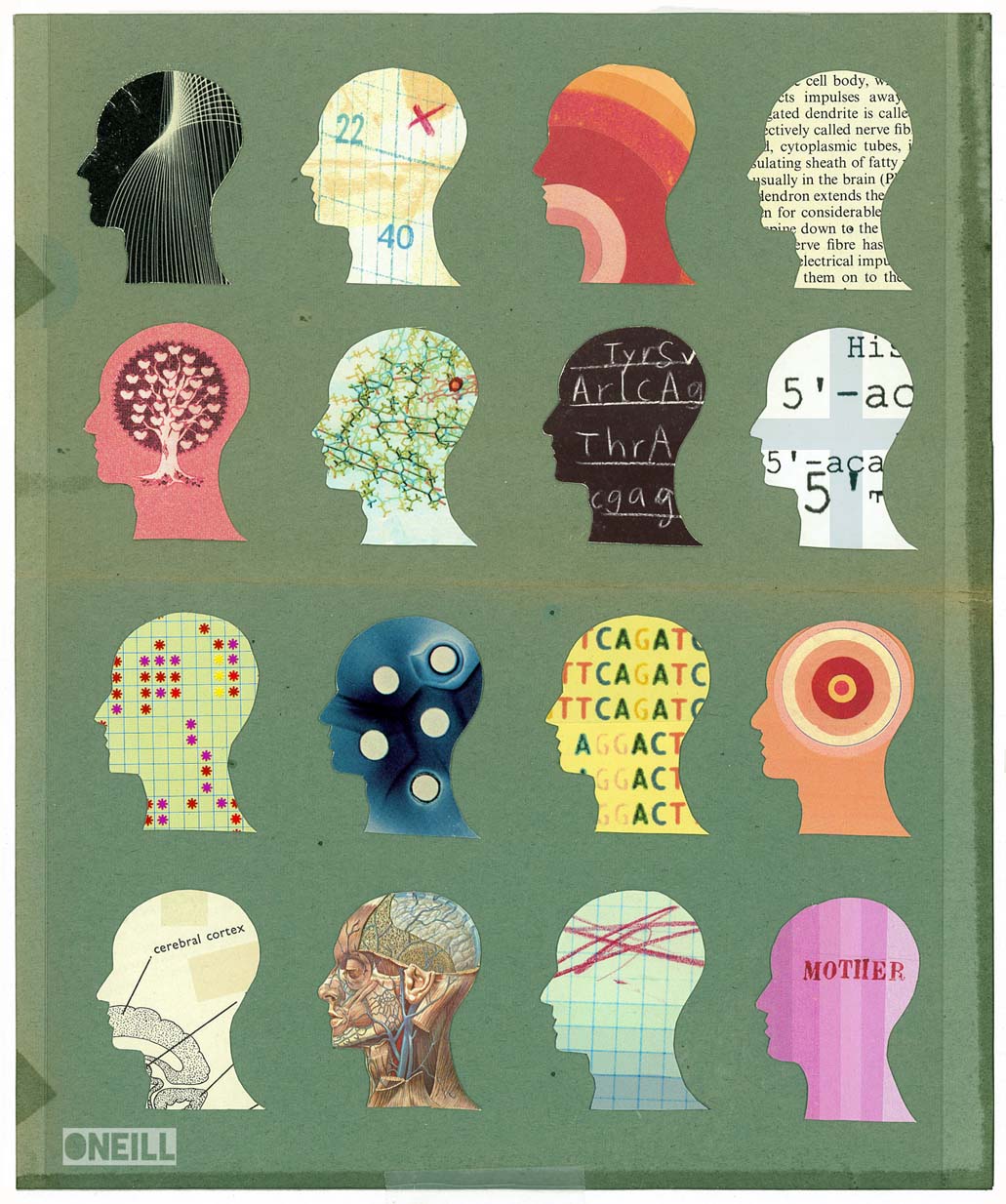- SELF STUDY MODULES
- 1. Intro to TBI
- 2. Communication
- 3. Skills for independence
- 4. Cognitive changes
- 5. Behaviour changes
- 6. Sexuality
- 7. Case management (BIR)
- 8. No longer available
- 9. Mobility & motor control
- 10. Mental health & TBI:
an introduction - 11. Mental health problems
and TBI: diagnosis
& management - 12. Working with Families
after Traumatic Injury:
An Introduction - 13. Goal setting
- 11.0 Aims
- 11.0A Take the PRE-Test
- 11.1 Mental health & mental illness & TBI
- 11.2 Factors affecting the risk of psychiatric illness after a TBI
- 11.3 The brain and psychiatric illness
- 11.4 Severity of a TBI
- 11.5 Types of mental health problems after a TBI
- a) Mood disorders
- b) Psychotic disorders
- c) Anxiety
- d) Personality
- 11.6 Sam : case study
- 11.7 Diagnostic challenges:
- a) Person with TBI
- b) Inherent in the disease
- c) Social environment
- d) Psychiatry and services
- 11.8 Management challenges
- a) Person with TBI
- b) Medical services
- c) Family
- d) Rehabilitation team
- 11.9 Take home messages
- 11.10 Resources
- 11.11 Take the POST-test
11.5d Personality disorders
i) Personality disorder
One of the characteristics of personality is that we can see it both within a personal context and within a social context. When a person's personality characteristics or traits become inflexible, maladaptive and rigid then we consider them to have a personality disorder.
To have a personality disorder the traits which are rigid and inflexible have to cause distress to the person or to their environment. Personality disorders in general psychiatry often cause a great deal of distress to the individual.
In people with traumatic brain injury with personality disorders the personality characteristics often do not cause distress to the individual but are more often reported as causing stress to those people within their environment or causing disruptions for the person in their ability to relate to their environment.
Use of the term personality disorderThere will be some branches of medicine that choose not to recognise the concept of personality disorders because they see it as pejorative labelling. There is no doubt that in clinical practice people who are labelled as having a personality disorder often elicit a very particular response from those staff that are caring for them.
The application of the term personality disorder should be used very carefully and should be kept within the context of attempting to communicate aspects of the person and how they might relate or react in a particular situation in a succinct manner.

Image: MARTIN O’NEILL CUT IT OUT STUDIO (used with permission)
ii) Personality disorders in people with TBI
Personality disorders frequently complicate the management of that individual. They alter the outcome of the person in relation to what happens to them when they are in a setting. So for a person who has a personality disorder and a major mental illness their outcome will often be poorer than that predicted in a population sample where there is not a disorder of personality.
We know that people with personality disorder cause an increased amount of burden to those people in their environment or in their community. In the general population where there is not physical or cognitive impairments having a personality disorder is going to increase the burden of care.
People with personality disorder find it harder to cope with stress. And their maladaptive personality traits mean that when a stress occurs they react in a very predictable, yet unhelpful, manner. This predictable manner of behaving causes substantial stress for the individual.
Questions
Answer these questions:
What is one of the differences for people with TBI with a personality disorder?
What is a personality disorder?
When a person's personality characteristics or traits become inflexible, maladaptive and rigid then we consider them to have a personality disorder.
What is one of the differences for people with TBI with a personality disorder?
One of the big changes that you see in people with traumatic brain injury with personality disorders is the personality characteristics often do not cause distress to the individual but are more often reported as causing stress to those people within their environment or causing disruptions for the person in their ability to relate to their environment.
References:
Personality change: GJ O’Shanick, AM O’Shanick, JA Znotens. Chapter 13, In Textbook of Traumatic Brain Injury. Ed. J Silver, TW McCallister, SC Yudofsky. American Psychiatric Press. Washington 2011
Organic Personality Change. Chapter 3 in: The behavioural and emotional complications of traumatic brain injury. SF Crowe. Taylor & Francis. New York, 2007.
